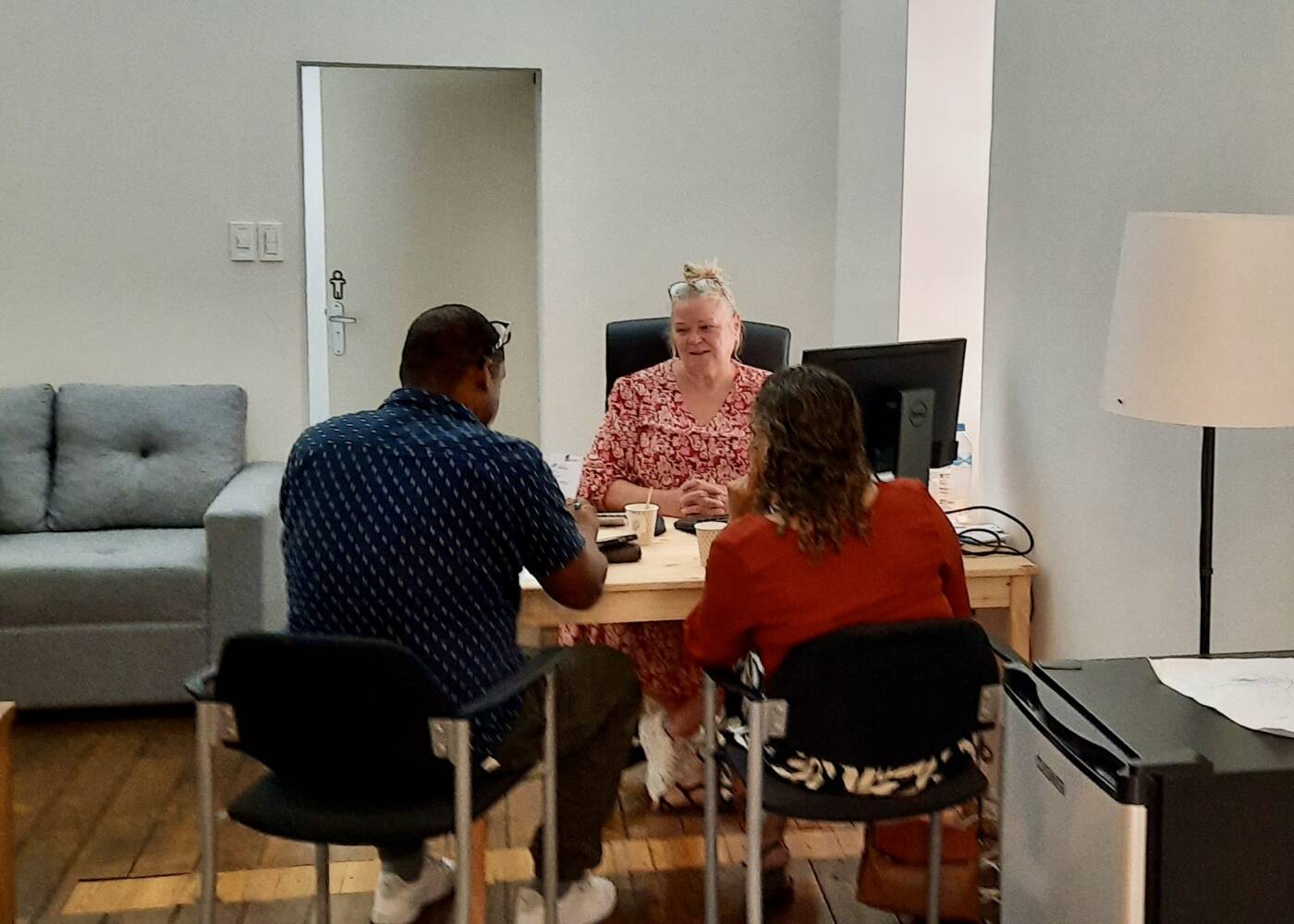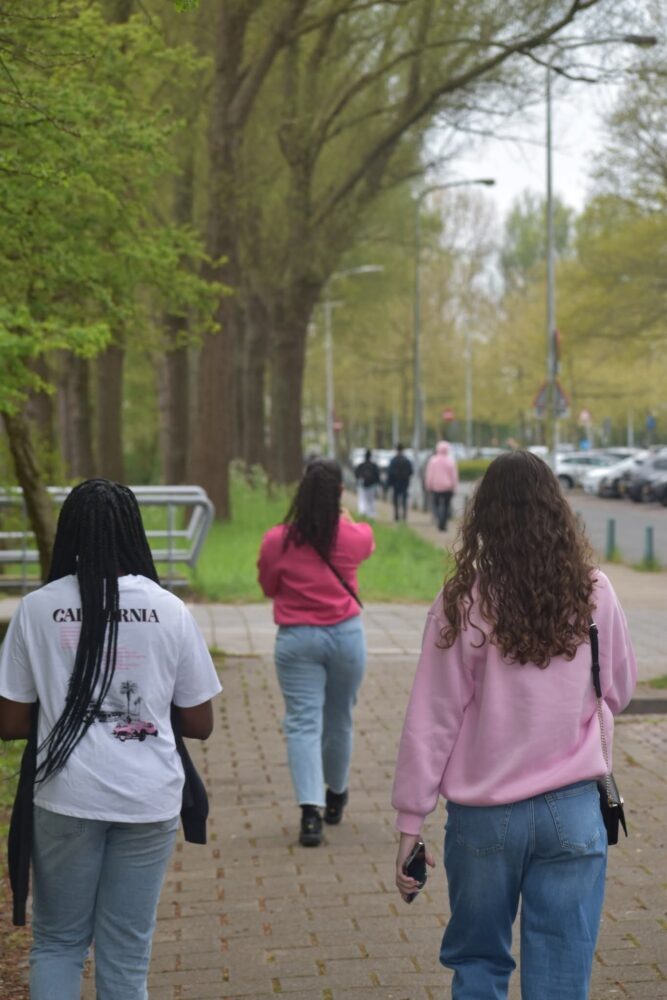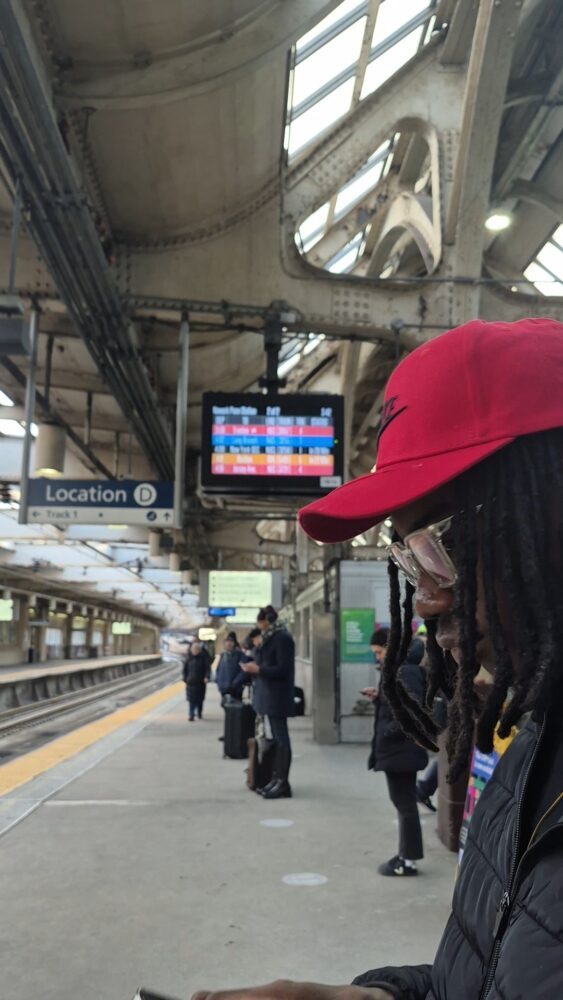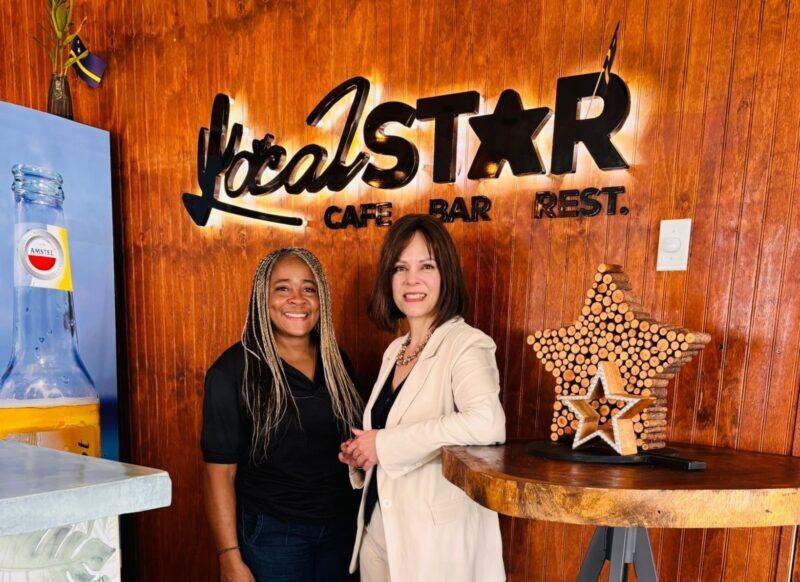A remarkable number of former students in Curaçao are having problems repaying their student debt: 65 percent are behind on their monthly repayments to DUO. What seems to be the case? They are often unaware that they have to pay back less or even nothing.
Very unfortunate and in many cases unnecessary, says Monique Hoogerwerf, DUO Caribbean Coordinator. “If it turns out that the income is really insufficient, we can reduce the monthly amount. Sometimes you don’t even have to pay anything back.”
In the Netherlands, DUO can check the income of former students through the tax authorities. In Curaçao, someone has to sound the alarm themselves. “We do not have access to the tax information there. But if we have proof from the local tax authorities, we can adjust the monthly amount if that is too high.”
65 percent are in arrears with payments
Approximately 7,000 former students living in Curaçao are now registered with the Education Executive Agency (DUO). “An average student debt is 30,000 euros. It varies from zero euros to sometimes a hundred thousand.”
About 65 percent of the 7,000 former students have payment arrears. This amounts to an average of 14,000 euros.
Many former students are behind on payments
Many former students do not know that an adjustment to the monthly repayment amount is possible or do not understand the arrangement properly. This causes people to get into unnecessary trouble. Some borrow money from friends and other institutions and others are never heard from anymore.
Hoogerwerf sees poignant cases. The backlog of repayments is increasing, while the regular debt continues as usual. “Unfortunately, in the end we have no choice but to call in a collection agency.”
‘We look at what you can afford’
DUO wants to prevent people from ending up in such a downward spiral. “We look at what you can afford,” says Hoogerwerf. “And not just what you have to repay based on the amount of the student debt, the term and the interest.”
But then people on Curaçao must make themselves known. DUO says it is doing everything it can to get in touch with former students who have payment arrears.
There is also a special Facebook page DUO for repaying student debt in the Caribbean. The website duo.nl/antillen contains videos explaining popular topics, such as the reduction of the monthly amount and the option to pay via a Curaçao bank.
Temporary service office
“It remains difficult to get and keep people in the picture,” says Hoogerwerf. She and three colleagues therefore visit all six islands twice a year and provide information.
“You look people in the eye and see if they understand what you are saying. It’s about finding a solution.”
‘Lend wisely’
‘Lend wisely’, is the motto from the Netherlands. And that is also the message from the Curaçao Student Finance Foundation (SSC) to Curaçao students in the Netherlands. In addition to the financing via DUO, SSC provides an extra pocket money of approximately 60 euros per month.
Curaçao students who choose to study at the University of Curaçao (UoC) or in the region can apply for student financing through SSC. In the region this amounts to 15,000 to 18,000 dollars per year. “That can really add up”, says SSC director Sidney Justiana. “Students need to realize that they have to pay back their loans as soon as they get a job.”
Graduate quickly
The Curaçao foundation tries to encourage former students to pay off debts quickly with payment arrangements and discounts. There will always be defaulters, Justiana thinks. “Our strategy is to stay in constant contact. We explain why paying off is important: then later on your children can also apply for financing.”
A lot of misery can be prevented if students graduate quickly. Therefor the right study choice is crucial, says SSC. “Students choose a profile in the third year of secondary school. They are then fifteen years old. I think that’s very young.”
Curaçao student finance is therefore now working on an ‘affinity test’, which indicates which courses suit you best.








